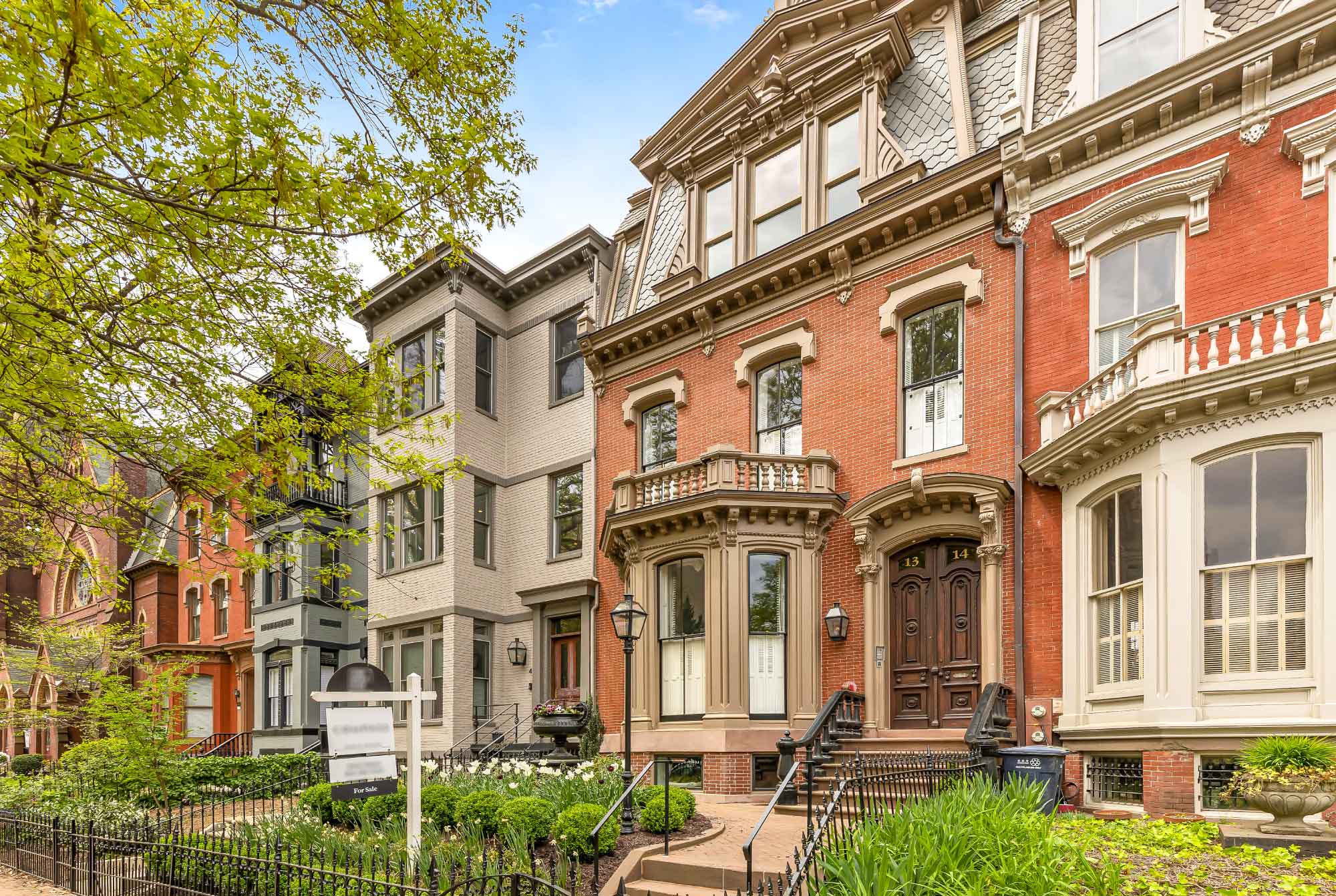What Do HOA Fees Cover?

Shopping for a home in Washington, DC anytime soon? Chances are you’ll run into properties with a Homeowners Association (HOA). Whether it’s a rowhome in a gated community, a modern condo downtown, or a historic co-op, one big question always comes up: what exactly do HOA fees cover?
As it turns out, the answer depends on the type of association in question, but either way, understanding what you’re paying for (and what you’re not) can make or break your decision to buy at the most critical time.
First Things First: What Does HOA Stand For?
HOA stands for Homeowners Association, a governing body that manages shared spaces and sets rules for a community or building. Similar such groups exist under different names, such as:
- POA fees (Property Owners Association): Often used for master-planned communities, covering amenities like pools, tennis courts, and landscaping.
- Condo fees: Monthly dues owed specific to condominium buildings. These typically cover building maintenance, utilities, and staff.
- Co-op fees: Unique to cooperative housing, these fees go beyond maintenance and often include property taxes, underlying mortgage payments, and utilities.
Ready for more advice tailored to homebuyers like you? Check out these posts next:
What Do HOA Fees Usually Cover?
While every community is different, here’s a breakdown of what HOA, POA, condo, or co-op fees may include:
- Maintenance of common areas: Landscaping, snow removal, hallway cleaning, and roof repairs.
- Utilities: Some associations bundle water, gas, or even internet into monthly dues.
- Amenities: Pools, gyms, party rooms, or even dog parks.
- Staff & security: Front desk attendants, building managers, or 24/7 security services.
- Insurance: Master insurance policies for the building or community’s common elements.
Pros of Buying Into an HOA
- Convenience: No more shoveling snow or mowing the lawn yourself!
- Community perks: Access to gyms, pools, and social spaces without any extra memberships required.
- Property values: Well-maintained common areas that help protect your investment.
Looking for more answers to your home-buying questions? Here are a few more posts you might find interesting:
- How Long Does it Take to Buy a House
- Joint Tenants Vs. Tenants in Common
- Do I Need to Sign a Buyer Broker Agreement in DC?
Cons to Consider
- Monthly cost: HOA or condo fees add up, sometimes rivaling a mortgage payment itself.
- Rules and restrictions: Feel like painting your front door neon pink? Better check with your HOA before grabbing a brush.
- Special assessments: Unexpected big-ticket repairs can mean extra fees on top of your regular dues.
Planning on buying a condo in DC? Prepare yourself even more by reading about How Condo Associations Work in DC.
What Do HOA Fees Cover in a Condo vs. a Co-op?
- Condo: Fees usually cover exterior and common areas, plus shared utilities and amenities — meaning you still pay your own mortgage, property taxes, and insurance.
- Co-op: Fees are generally higher, since they include not only building upkeep but also property taxes and, in some cases, the building’s underlying mortgage.
The Bottom Line
When you’re house hunting in DC, don’t just look at the mortgage payment — factor in whether you’re buying into an HOA, and if so, what the associated fees actually cover. Depending on whether you’re looking at a condo, co-op, or POA community, those fees could add convenience, community perks, and peace of mind. But they can also stretch your budget if you’re not prepared up front.
Our advice? Before signing, always ask for a breakdown of the dues, review the association’s financials, and weigh the trade-offs. That way, you’ll know whether those fees are buying you meaningful value — or just unnecessary headaches.
Ready to make moves this season? Our team is always here to help you find the right home for your goals and lifestyle. Get in touch by filling out the form on this page, calling us at 202.280.2060, or emailing us at connect@jennsmira.com.

Put Us To Work For You
Book a consultation with our team today.








